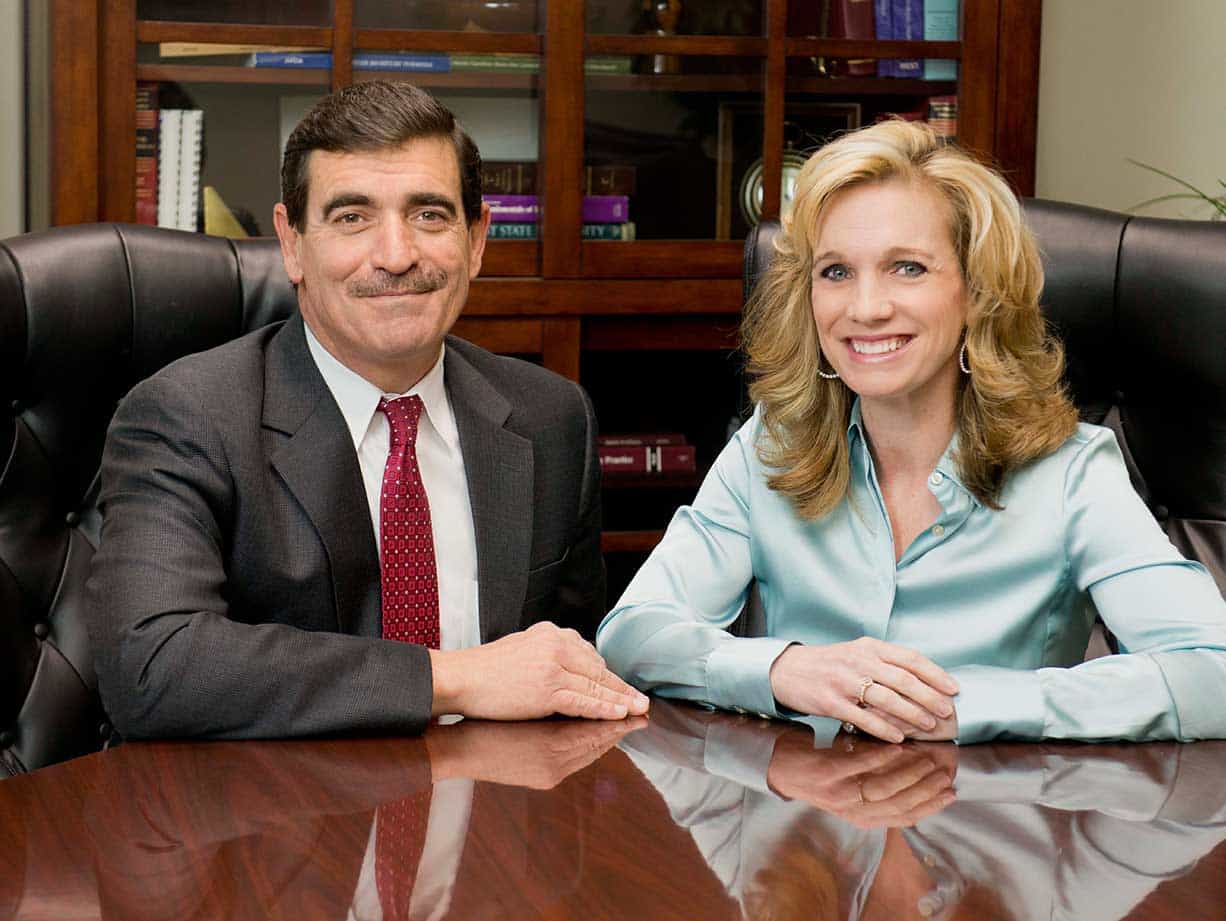Car crashes can happen at any time of the day. But one’s chances of getting in a severe collision can be far more likely late at night or on the weekend, according to the National Highway Traffic Safety Administration.
The government agency says people face the highest risk for severe crashes between midnight and 3 a.m. on Saturday night or early Sunday morning, with Friday night crashes not falling far behind. That’s because there can be more sleepy and drunk drivers out on the road during these hours.
How motorists can stay safe driving at night
Since most car wrecks occur later at night, this is how motorists can take precaution:
- Sharpen their vision: Human eyes tend to work against those driving at night. That’s because pupils tend to dilate in the dark, making it more challenging to see obstructive objects. In these cases, motorists may want to make sure their headlights are correctly aligned and pay extra attention to their surroundings.
- Get rid of distractions: Evening hours can increase risks for distracted driving. Those dangers can be even more significant for commuters around metropolitan areas, as bright city skylines and the headlights of other drivers can be an inconvenience. In these instances, motorists should remain focused on the road. They can do so by keeping their vehicles clean and place any items they may need within arms-reach.
- Avoid driving while tired: In some cases, driving fatigued can be just as dangerous as driving drunk. If motorists feel too exhausted to hit the road when it’s dark out, they may want to consider taking a short nap or have someone else get behind the wheel.
- Drive defensively: Unfortunately, even the most responsible motorists can fall victim to the negligent actions of other drivers. In these cases, motorists may want to keep a safe distance between the vehicles in front and behind them. They should also make quick decisions if another vehicle puts them in danger.
Drivers can be proactive
By knowing and understanding the hazards that can occur from driving at night, motorists can help keep themselves and others out of harm’s way. But for those involved in a late-night collision, there are legal options available for victims to take their case to court and receive compensation.


